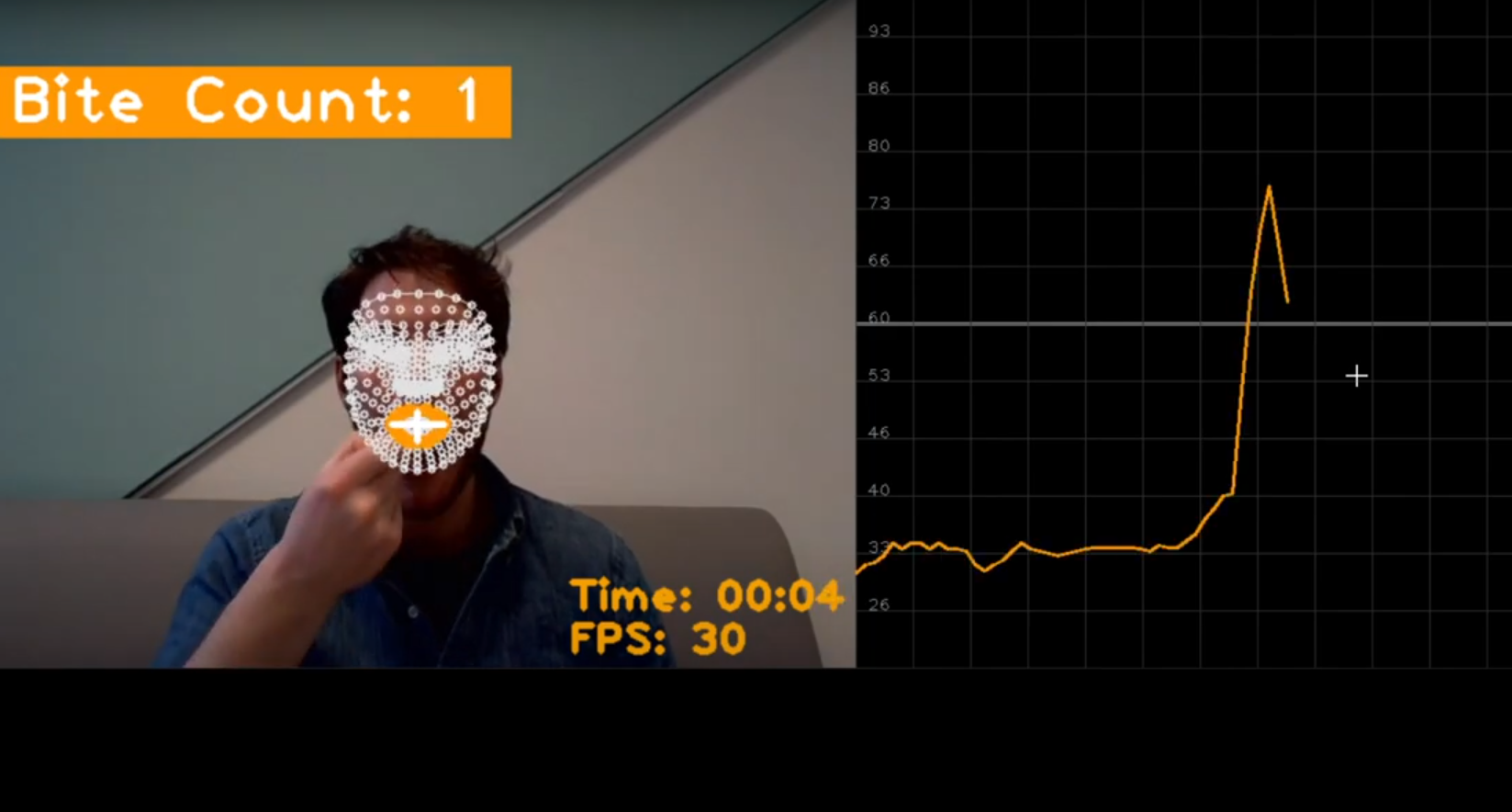Someone who spends a lot of time with vegetarians is more likely to eat vegetarian meals themselves. Most Wageningen folk probably figured that out long ago, but now it has been confirmed in scientific analyses carried out by assistant professor Kristina Thompson (Health & Society).
In general, the Dutch consume more protein than they need. It would be better for their health and the planet if they ate eat less meat, or no meat at all. However, only 4 per cent of Dutch people are completely vegetarian. Kristina Thompson thinks social networks could play a key role in encouraging the transition to a diet with less meat.
She bases this conclusion on analyses she performed on data from the Groningen Lifelines cohort, a long-term observational study of healthy ageing. The participants have to fill in questionnaires roughly every 18 months and come back for a health check every five years. For her analyses, Thompson used data on 60,639 participants for whom dietary information was available at two points in time, and who could in turn be linked to at least one family member with known dietary information. This let her look at changes in eating patterns over time and the effect on this of social networks.
Eating together
‘People’s diets reflect their social network, with partners playing the biggest role,’ says Thompson, explaining her results. ‘That is not surprising as these are the people you eat most meals with. Students will recognize that effect if they often eat meals together with their flatmates. However, the effect works in both directions: you can eat more meat or less meat because that is what other people around you are doing.’
As an individual, you have more influence on others with your own healthy diet than you think.
Roughly 4 per cent of Dutch people are vegetarians. ‘But throughout the study period, the probability of someone being vegetarian was twice as high if their loved ones were vegetarian at both measurement points. But if the person’s relative was an omnivore at both measurement points, the chance of that person being and staying vegetarian halved.’
Encourage healthy diet
It sounds obvious, but you still need scientific proof of such assumptions, says Thompson. ‘The effect of your social network on your diet had not yet been confirmed in the literature. Now we have figures supporting our intuition and we can look at how to encourage a healthy diet in practice.’
Other studies of the motives for a vegetarian diet are often biased. Thompson: ‘In the past, there were studies claiming that social networks influence your diet, but those studies were usually carried out by a lobby group or a vegetarian society, for example. They drew conclusions based on questionnaires completed by their supporters or members — in relatively small numbers. That data is not objective. The Lifelines cohort is objective and gives a representative picture of the average Dutch person.’
Thompson’s department is now investigating how various interventions with social networks could be used to foster healthy diets and which is most effective. One thing she is certain of: ‘As an individual, you have more influence on others with your own healthy diet than you think.’

 What people eat reflects their social network. Photo Unsplash/ Jaco Pretorius
What people eat reflects their social network. Photo Unsplash/ Jaco Pretorius 

